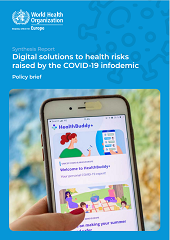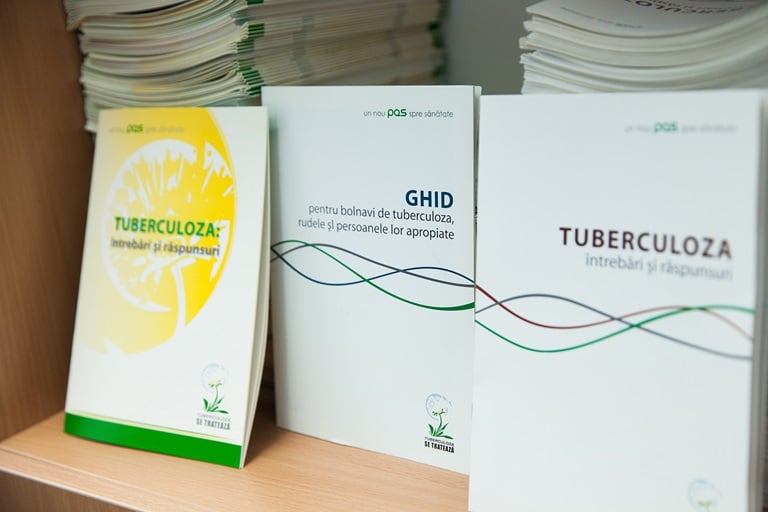Digital solutions to health risks raised by the COVID-19 infodemic. Synthesis Report

Overview
This policy brief highlights the need for specific improvements and developments that call upon stakeholders in the European Region to cooperate in infodemic management. To this end, the Regional Office highlights the six policy considerations described here below.
- Reinforcing multistakeholder networks for infodemic management.
- Strengthening overall risk communication and community engagement.
- Implementing continuous monitoring of online harmful and false content.
- Improving digital literacy approaches and organizing infodemic management trainings.
- Advocating for infodemic management through communication campaigns.
- Ensuring safe online platforms, which protect people from harmful content.
The implementation of the digital solutions and policy considerations above calls for a whole-of-society approach with the collaboration of all stakeholders involved in infodemic management, ranging from users themselves to social media platforms, the information technology sector, health policy-makers, and fact-checking and civil society organizations, among others – with a shared objective of improving the Region’s public health response to the COVID-19 infodemic and enhancing preparedness for future health emergencies.






